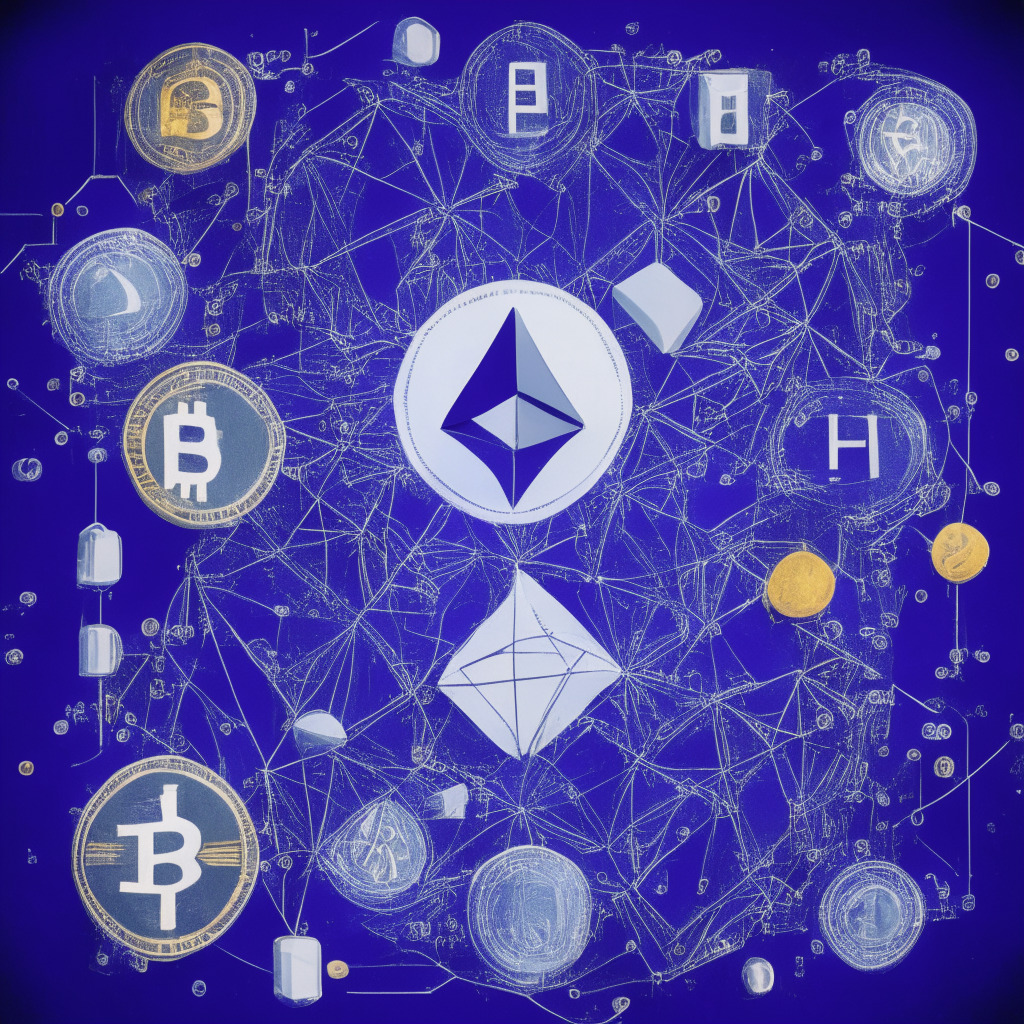Global payments giant Visa has been exploring the potential of blockchain technology, specifically focusing on Ethereum’s Goerli testnet to examine transaction-free payments. This experimentation was conducted using a smart contract called Paymaster, which takes advantage of account abstraction for managing transaction costs and performing complex tasks on behalf of accounts. One of the main purposes of the Paymaster contract is enabling users to pay gas fees with any token, eliminating the need for Ether in their wallets.
Cuy Sheffield, Head of Crypto at Visa, recently confirmed that the company has deployed its first paymaster smart contract on the Goerli testnet. ERC-4337, an Ethereum standard that achieves account abstraction without consensus-layer changes, paves the way for bundling and automating transactions on the network. Visa has acknowledged the potential flexibility and enhanced payment experience that this method could offer when transacting in digital currencies.
Visa first announced the account abstraction project in December 2022. At the time, account abstraction was not yet implemented on the Ethereum network. Visa’s relationship with Ethereum has a history going back to at least 2021 when they announced settling payments in the USDC stablecoin on the blockchain.
Despite recent crypto market turmoil and the collapse of some high-profile digital assets companies, Visa has maintained its commitment to cryptocurrency. In March, Sheffield stated that the company plans to continue working on its crypto strategy and forming new partnerships in the digital asset space. Visa believes that “fiat-backed digital currencies running on public blockchains,” referring to stablecoins, have the potential to play a crucial role in the payment ecosystem.
This stance comes in contrast to a recent report by Reuters, which claimed that both Visa and Mastercard have decided to delay the launch of their crypto-related products and services due to market uncertainty. However, Sheffield later announced a new cryptocurrency project focused on driving mainstream adoption of public blockchain networks and stablecoin payments. A job posting published on April 20 also suggested that the company’s crypto division is working on creating the “next generation of products” to facilitate everyday digital commerce.
In conclusion, both Visa and Mastercard have been actively pursuing opportunities in the crypto space over the past years, promoting the immense potential of integrating blockchain technology in the world of finance and payments. Despite some skeptics doubting the future of digital currencies, pioneers like Visa continue to research and develop innovative solutions in this expanding domain. As the crypto market evolves and matures, it will be interesting to observe how these major payment companies adapt and integrate new technological advancements into their operations.
Source: Cryptonews




